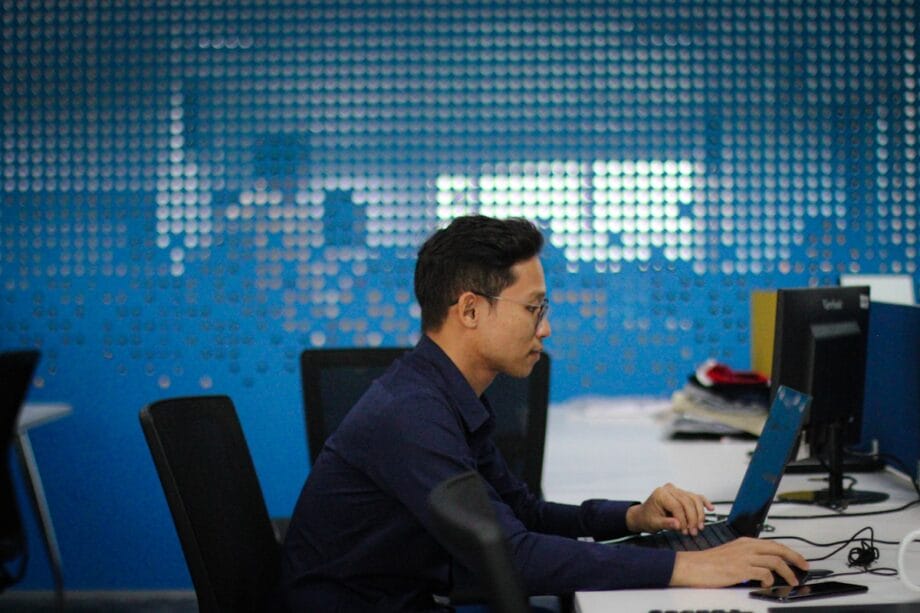Intensified Restrictions on Chinese Tech Firms by the Trump Administration
The Trump Administration has dramatically escalated its efforts to restrict Chinese technology enterprises, broadening export limitations to encompass subsidiaries of firms already designated on the U.S. Department of Commerce’s entity list.
This initiative, intended to eradicate a notable loophole within existing sanctions, has incited strong rebukes from Beijing, reflecting the escalating tensions in the U.S.-China technological landscape.
The new regulation specifically targets prominent Chinese technology entities, such as Huawei, memory chip juggernaut YMTC, and drone manufacturer DJI, by extending restrictions to any subsidiary that is at least 50% owned by a listed corporation.
The Commerce Department indicated that this change, which is effective immediately, could affect tens of thousands of entities and is aimed at obstructing sanctioned companies from diverting restricted technologies through their affiliates.
“This action closes a significant loophole that has enabled exports undermining American national security and foreign policy interests,” remarked Jeffrey I. Kessler, Under Secretary of Commerce for Industry and Security.
The tightened controls encompass crucial technologies, including artificial intelligence, semiconductors, advanced robotics, and ancillary manufacturing apparatus, as well as entities on the “Military End-User list,” aimed at preventing dual-use items from facilitating military developments.
Although the rule does not overtly target China, both Chinese and Russian companies predominate the entity list, largely due to their involvement in nurturing military technologies.
In response, China’s Ministry of Commerce swiftly condemned the move, labeling it as “extremely malicious,” with a spokesperson pledging to “take necessary measures” to safeguard Chinese enterprises.
“Beijing urges Washington to immediately rectify its wrongful actions and cease its unreasonable suppression of Chinese firms,” stated the spokesperson.
This escalation arrives mere weeks before a highly anticipated meeting between President Donald Trump and Chinese leader Xi Jinping at the upcoming APEC summit in South Korea, sowing further uncertainty into the ongoing U.S.-China trade conflict.
The U.S. has already imposed restrictions on over 1,000 Chinese firms identified as threats to national security or foreign policy, mandating that they secure licenses for the export of specific products or technologies.
Concerns regarding subsidiaries circumventing restrictions have long been a source of anxiety for U.S. policymakers.
A 2023 report from the House Foreign Affairs Committee criticized the entity list as “ineffective,” highlighting instances such as Huawei’s 2020 divestiture of its smartphone brand Honor to a consortium involving the Chinese government.
Honor remains unlisted, raising apprehensions about potential evasion through corporate restructuring.
The policy document from the Commerce Department accompanying this announcement underscored risks of “diversionary schemes,” such as the establishment of new foreign entities to sidestep restrictions.

While the regulation is effective immediately, some companies have been granted a 60-day exemption period.
This strategic maneuver highlights the increasing unease in Washington regarding China’s swift advancements in chip and AI technologies, which led to Huawei’s blacklisting in 2019 and subsequent restrictions levied against hundreds of other firms.
As the U.S.-China technological rivalry intensifies, analysts caution that these extended controls could exacerbate strains in bilateral relations and further disrupt global supply chains.
Source link: Timesofindia.indiatimes.com.






